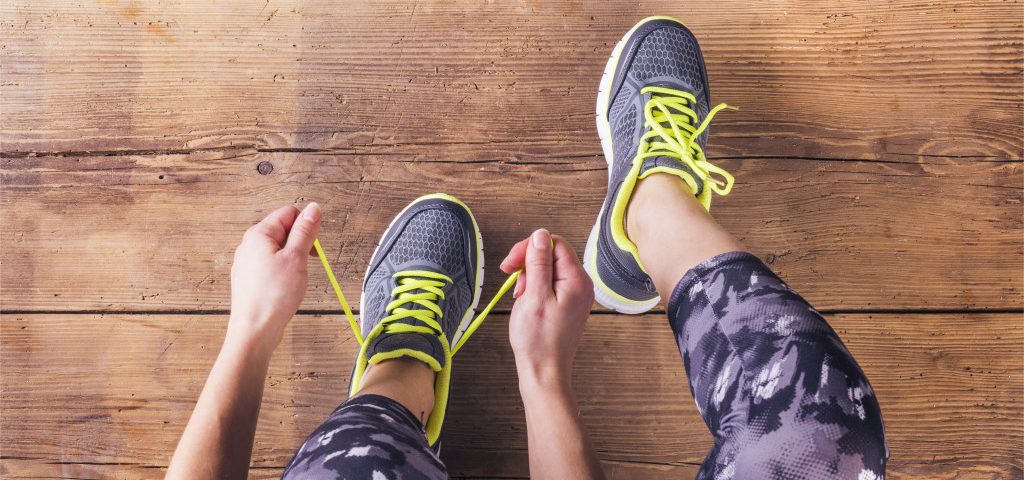National MS Society Expert Panel Offers Guidelines for Regular Exercise
Written by |

Healthcare providers should encourage everyone with multiple sclerosis (MS) to engage in regular exercise and keep physically active, new guidelines based on an expert panel convened by the National Multiple Sclerosis Society recommend.
They also suggest different types of exercise applicable to people at varying levels of disability.
The guidelines, “Exercise and lifestyle physical activity recommendations for people with multiple sclerosis throughout the disease course,” were published in the Multiple Sclerosis Journal. They were also endorsed by the Consortium of Multiple Sclerosis Centers.
Both exercise and physical activity in general (daily life chores to social engagements) are known to be beneficial for people with MS. Despite this, these people are often less physically active than their peers.
The National MS Society brought together an international panel of experts — doctors, nurses, physical therapists, occupational therapists, exercise scientists, and community health professionals — to develop recommendations encouraging weekly, regular exercise among MS patients at all levels of physical ability.
“Healthcare providers should endorse and promote the benefits/safety of exercise and lifestyle physical activity for every person with MS,” the experts wrote.
Based on a combination of scientific studies and expert opinion, the team recommended that all MS patients be encouraged get at least 150 minutes (2.5 hours) per week of exercise and/or moderate-to-vigorous physical activity.
Because every person’s experience with MS is different, they recommended that patients set “exercise goals” working with their healthcare team. As need arises, patients should also be referred to a specialist — such as an occupational therapist or sport scientist who is knowledgeable about MS — to develop an individualized exercise plan.
“While individuals with mild disability may continue to be as physically active as they always have, they may benefit from training by specialists in fatigue and energy management, and in ways to adapt their favorite activities to meet their needs,” the researchers wrote.
“As the disease progresses and engaging in exercise and physical activity becomes more challenging, referrals to specialists are essential for ensuring that patients’ exercise and physical activity strategies are individualized to best meet their needs,” they added.
These experts also offer specific guidance for people with MS who are at varying levels of physical disability, as assessed by the Expanded Disability Status Scale (EDSS). For instance, they suggest exercises including running, biking, weight training, and yoga for people with relatively mild disability.
For people who use wheelchairs, they recommend breathing exercises, stretching, and working out the muscles in the arms and core. For those confined to bed or a chair, they recommend that exercises be done with the aid of a trained specialist.
The National MS Society issued a press release detailing more examples of exercises for people at various levels of disability. The society also released a series of videos to guide people with MS, of all disability levels, through stretching, aerobic, and breathing exercises.
In their guidelines, the experts noted that the majority of available scientific evidence regarding exercise in MS comes from people with comparatively mild disability. As such, there is a need for more research, particularly involving people at higher disability levels.
For healthcare professionals “to offer optimal interventions, the existing gaps in our knowledge must be filled by additional research — particularly at higher levels of disability. In the meantime, the expert recommendations in this paper complement the published guidelines to enable clinicians to promote and guide exercise and physical activity in their more disabled patients,” the researchers wrote.
The Centers for Disease Control and Prevention also published advice for overcoming barriers to increasing physical activity during the ongoing COVID-19 pandemic.


